PROJECTS
PRESENT
- Open Letter to Central Government
- Briefing to Incoming Ministers
- Letter to Incoming Ministers
- OIA to Ministry of Social Development
FUTURE
- White Paper
Support the call for employability training to be delivered to all high school students
YEA leads a systems change initiative to support the delivery of employability training, driver licencing, and professional career advice in schools that will ensure all young New Zealanders thrive in the changing world of work.
The below is our Open Letter to Central Government. This will be delivered to Parliament after Youth Week in May.
If you would like to sign, please get in touch.
Dear/Tēnā koutou, Right Honourable Prime Minister Christopher Luxon,
Honourable Deputy Prime Minister Winston Peters, Honourable David Seymour,
Honourable Minister of Finance Nicola Willis, Honourable Minister for Social Development and Employment and Minister for Disability Issues, Louise Upston, Honourable Minister of Education Erica Stanford, Honourable Minister for Tertiary Education and Skills Penny Simmonds, Honourable Minister for Youth Matt Doocey, and Honourable Minister for Children, Karen Chhour.
This open letter has been signed by cross-industry partners to call on the Coaltion Government to ensure that all young people leave school equipped with employability skills and a clear pathway plan.
Youth Employability Aotearoa (YEA) represents a network of youth employment, education and career practitioners, business interests, and supporters who understand the vital importance of a young healthy workforce for the future success of our country.
We are ready and able to work alongside ministers and policymakers to ensure young people are supported to become work-ready, thrive in the workplace, lead sustainable and fulfilling careers, and form a reliable workforce pipeline to fulfill our labour market needs.
Young people should leave school with skills for work and an appropriate pathway plan to give them the confidence and ability to find and sustain employment. Our school system needs to effectively connect education with the world of work to engage students with relevant learnings. While there are some schools that are excelling in this space, there are too many youth falling out of school, or struggling to sustain employment, who are at risk of becoming NEET statistics*.
BusinessNZ’s The Future of Workforce Supply 2023 highlights a workforce shortfall of 250,000 by 2048. With this challenge reflected across the OECD countries, immigration will not be the silver bullet for New Zealand. Seeking solutions within our own borders solves not just our talent and skill shortage but will reduce the strain on mental health care and reduce crime while empowering young New Zealanders to become successful and contribute positively to society and tax revenue. Businesses need pipelines of local talent if they are to be successful and grow the economy. However, many employers have become disillusioned with young employees who fail to meet basic standards of work readiness. We need better integration of employability training across New Zealand schools to prepare all young people to become contributing members of society.
We wholeheartedly support the Coalition Government’s ambition to redress the shortcomings in our education system. We ask that improvements are not limited to literacy and numeracy. The poor attendance records, low NCEA scores, and growing number of NEETs, reveal just how disengaged the youth of today are from the education system they find themselves in. The Coalition Government wants to improve school attendance. Our network knows firsthand that youth engage with employability training – it’s not a hard sell because youth understand the ‘why’. They attend and engage in training that clearly prepares them for their future work life.
The World Economic Forum’s Future of Jobs 2023 report concludes that analytical and creative thinking are the most important skills for workers, followed by resilience, flexibility and agility, motivation and self-awareness, curiosity and lifelong learning. These soft skills are recognised as vital for employees who must adapt to disrupted workplaces as the world of work rapidly changes. Therefore, these soft skills need to be explicitly integrated into school learning programmes.
OECD longitudinal studies show that career guidance should begin before the age of 15. Students at secondary school should extensively explore and experience the world of work, and young people should have access to a trained career counsellor to support their pathway planning. However, New Zealand lacks an environment that enables quality career education in schools. We urgently need to scope and develop options that support the delivery of quality careers services in all secondary schools.
Early investment in employability skill training, professional career advice and pathway planning for all secondary school students will ultimately lead to better outcomes for our youth, business, and communities. Present and future generations of New Zealanders depend upon action now.
|
We ask that all young people at high school be given access to: Professional Career Advice and Connections to Employment for all students We ask that the Tertiary Education Commission's National Careers System Strategy be endorsed by the Government and the plans for improvements continue. We ask that all high school students receive career guidance from professionals, who are trained and supported, so NZ youth can make informed decisions about their future studies. We support Careers and Transition Education Association NZ, and we ask the Coalition Government to endorse their recommendations.Employability Skills Training We ask that all schoolchildren in Years 7 to 10 receive training in these core skills through Learning Programmes, that in the new curriculum design, there is a focus on the soft skills in all learning areas so that all students have access to them from the beginning of school.Driver licence Training Many youth struggle to access driver education and training. Only 24% of job seekers aged 18-24 have a restricted or full licence, but over 70% of jobs and apprenticeships require at least a restricted driver’s licence. Enabling high school students to start their driver licence journey is more important than ever. We support the Driving Change Network, which represents over 450 community driver licence providers. We ask the Government to incorporate and fund driver education, training, and licensing into all NZ secondary schools through partnerships with community driver licensing providers. |
To achieve these goals, we, the undersigned, ask the Coalition Government to invest in the existing business units within MOE and TEC that support transitions. We ask the Coalition Government to support the creation of a working group of community, education, industry, and Local Government representatives to align with those business units and promote best practice implementation of employability skill training, driver licensing, and professional pathway guidance in secondary schools across the county.
We welcome organisations, schools, businesses, interested parties, to sign this Open Letter. Please contact us to add your signature to help ensure our youth are supported to become work-ready.
At the start of 2024, YEA sent the following BIM along with a letter to the new ministers to inform them of our purpose, vision, and requesting a meeting. These were sent to the following ministers:
- Prime Minster, Christopher Luxon, National
- Minister of Education, Erica Stanford, National
- Minster for Tertiary Education and Skills, Penny Simmonds, National (outside Cabinet)
- Minister for Social Development and Employment, Hon Louise Upston, National
- Minister for Social Investment, Nicola Willis, National
- Minister for Youth, Matt Doocey, National
- Minister for Children, Karen Chhour, ACT (outside Cabinet)
- Associate Minister for Finance, Chris Bishop, National
- Associate Minister for Education (Partnership Schools) David Seymour, Act
 |
BRIEFING PAPER FOR NEW MINISTER |
YEA represents the interests of the youth employability sector, including NGO programme providers, employers, and local government.
We call on the Coalition Government to ensure our youth are work-ready by creating clear guidelines for schools to deliver outcomes on NELP Objective Four: Future learning and work.
Our education system needs to prepare young people for the world of work for the following reasons:
*stats from TEC, MSD & DCN
 |
|
One in five school leavers only achieve NCEA Level 1 or lower |
 |
|
60% of school leavers transition without University Entrance |
 |
|
82% of school leavers have work or caring responsibilities outside of school |
 |
|
70% of jobs require at least a restricted driver licence but only 24% of young job seekers aged 18-24 have a restricted or full licence |
 |
|
A lack of understanding how to navigate career pathways contributes to nearly one in four youth suffering from high levels of anxiety, fatigue, and depression |
 |
|
The NEET rate increased in 2023 to 12.1% |
.png?202402062254) |
|
Only 45.9% of high school students met the criteria for regular attendance at school during term 3, 2023 |
.png?202402062255) |
|
The YEA network has the expertise, experience, and willingness to support school students to be work-ready |
|
VISION All young people in Aotearoa develop the skills and confidence to thrive in the changing world of work PURPOSE YEA (Youth Employability Aotearoa) exists to ensure all young people in Aotearoa between the ages of 13 and 30 have the skills and confidence to thrive in the changing world of work. Its mission is to create a collective voice leading systems change for Youth Employability in Aotearoa. |
YEA and its network of providers are committed to working collectively to achieve systems change that will realise our vision that all young people develop the skills to thrive in the changing world of work.
EDUCATION
YEA is calling on the government to ensure New Zealand youth are work-ready. We believe the Statement of National Education and Learning Priorities (NELP) Objective Four, Future of learning and work, is not currently being delivered to most school students. NELP Four needs a framework and resources to enable schools to deliver outcomes, and needs to support them to do so effectively. Effective delivery of NELP Four would include employability training, work exposure, experience, and good career guidance.
EMPLOYERS
Employers are struggling to hire young staff who are work-ready. Many employers are less concerned with NCEA results than they are with young employees’ ability to communicate appropriately, manage their time effectively, and demonstrate resilience. Our Network is ready and willing to work with the Government to address the concerns the business sector has with the disconnect between their needs and the training and education of New Zealand youth.
SECTOR FUNDING
We need to take a hard look at the way we deliver services that support young people to access and choose work, instead of transitioning to welfare or crime. There are incredible organisations in our network, but the funding model is flawed. We have a siloed, ad-hoc, short-term model that lacks transparency, accountability, and standards of excellence. YEA would like to work with the Government to tackle this issue and avoid wastage of public funds, thereby preventing the cycle of beneficiaries falling in and out of employment. YEA would like to support good policy and decision-making by providing up-to-date intel from our sector to central government. We will be working with our partners within ministries to do this, including MOE and MSD.
|
Rt Hon Christopher Luxon
Youth Employability Aotearoa (YEA) would like to congratulate you on your party’s success in the election. We are a collective of national and regional organisations and networks leading youth employability initiatives. In line with the view that prudent social investment is critical to transforming New Zealand, we’d like to meet with you to discuss a couple of common-sense policy improvements that could make a significant difference to the long-term outcomes for our young people. These are outlined below. Young people need to leave school with the skills for work to avoid becoming NEET statistics and perpetuating cycles of unemployment and crime. Businesses need pipelines of local talent if they are to be successful and grow the economy. It is critical that we integrate employability training into our schools to prepare our young people to be contributing members of society. We would like to discuss how our sector can support education to employment outcomes so that high schools can deliver on NELP Objective Four: Future learning and work. Early investment in these skills will ultimately lead to better outcomes for our young people and our communities, while also saving the taxpayer money in the longer term. We need to take a hard look at the way we deliver services that support young people to access and choose work, instead of transitioning to welfare or crime. There are incredible organisations in our network, but the funding model is flawed. YEA sent an OIA to the Ministry of Social Development under Labour’s leadership and discovered that there are no decision-making tools (for example, frameworks or matrices) to determine funding for organisations placing youth into employment. This has led to an ad-hoc funding model that lacks transparency, accountability, and standards of excellence. YEA would like to work with the Government to tackle this issue and avoid wastage of public funds, thereby preventing the cycle of beneficiaries falling in and out of employment. YEA would like to support good policy and decision-making by providing intel from our sector to central government and we will be working with our partners within ministries to do this, including MOE and MSD. We are calling on the Government to include integrated employability training in schools, and a review of the funding model that underpins our sector. We request an opportunity to meet with you to discuss these issues at your earliest convenience. Please do let us know if meeting is something you are interested in, and we will be in touch with your office to arrange a time. Kind regards / Nā māua noa, nā Emma Anderson |
In August 2023, YEA sent an OIA request to the Ministry of Social Development to better understand the decision-making process taken when creating contracts with third parties to place youth and or NEETs into employment. Anecdotally, we are aware that funding ranges from between $2.5k and $10k per employment outcome. YEA argues that the ad-hoc funding model lacks transparency, accountability, and standards of excellence, we'd like to work with the government to ensure our sector receives appropriate, multi-year funding that enables programmes to place youth into sustainable employment, retain quality staff, and work effectively with business partners to create thriving local economies.
This year, YEA will draft a white paper that will investigate the state of youth employability in Aotearoa, provide recommendations on effective programming, and devise a framework for an effective funding model. More coming soon ...
